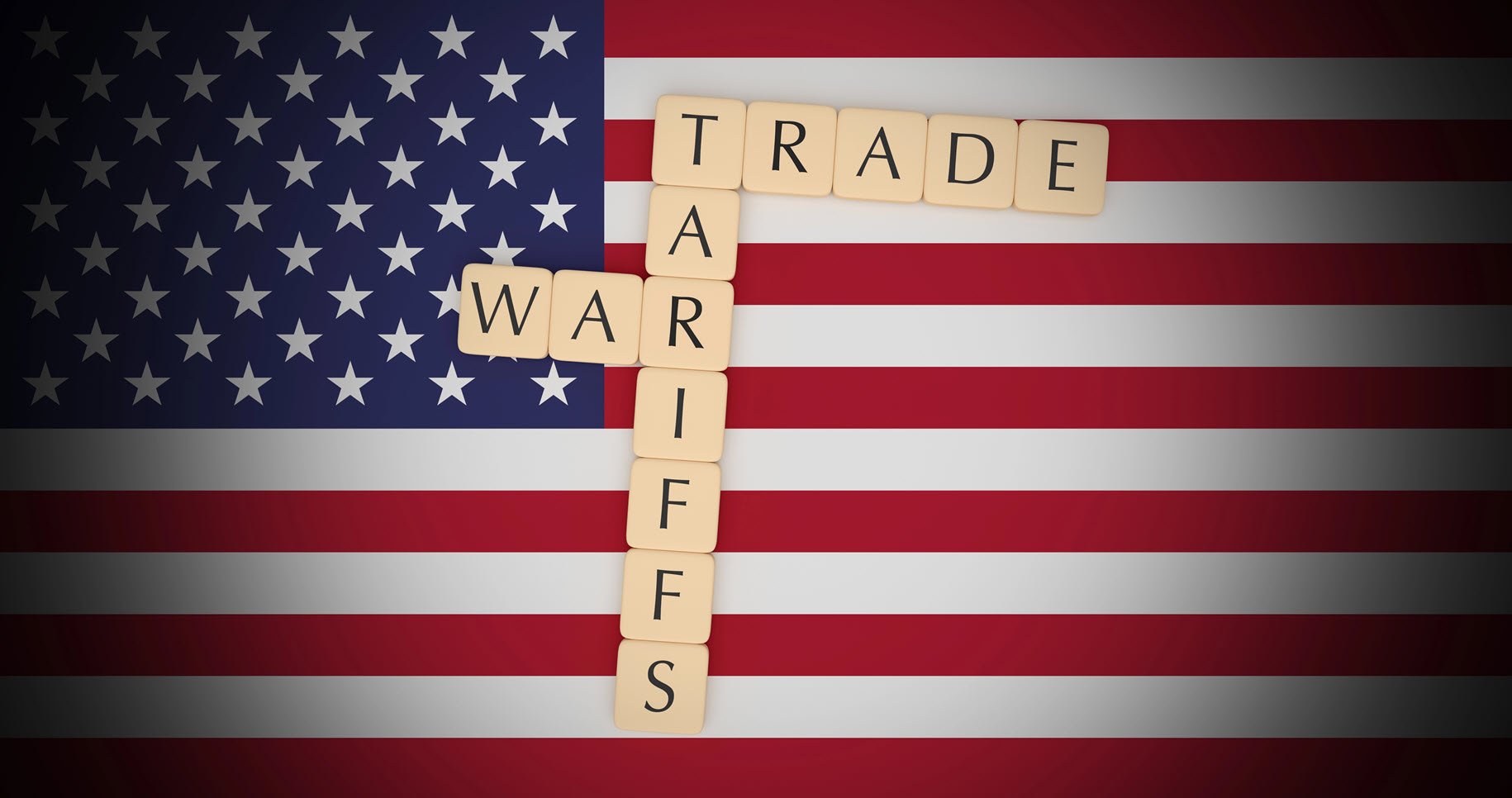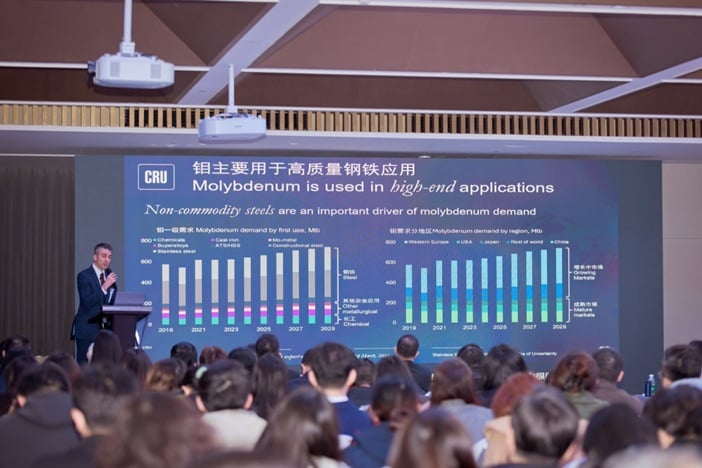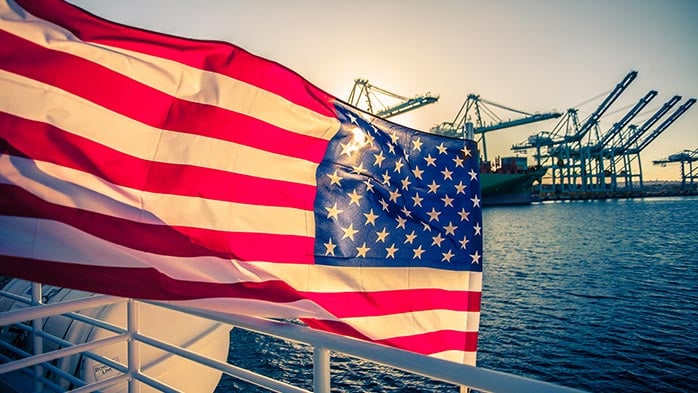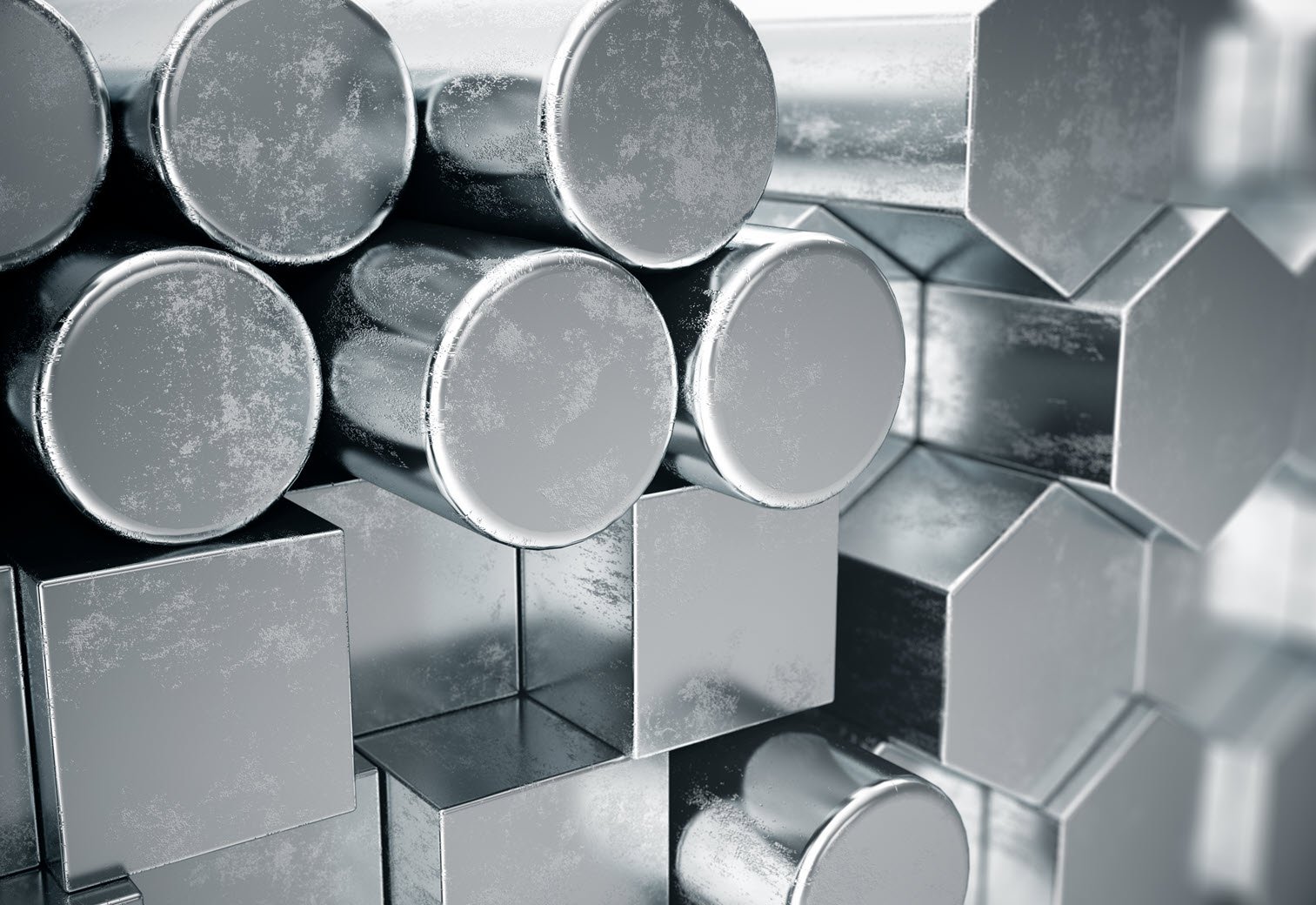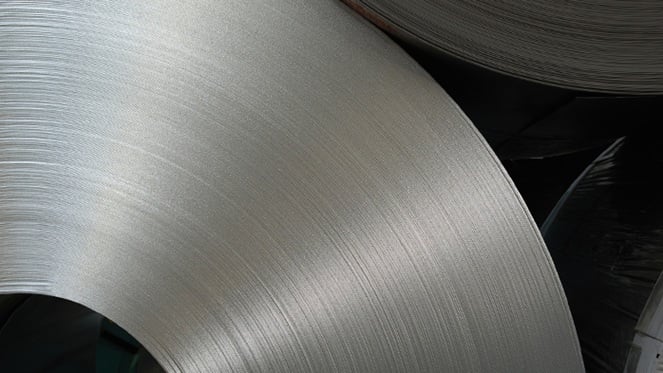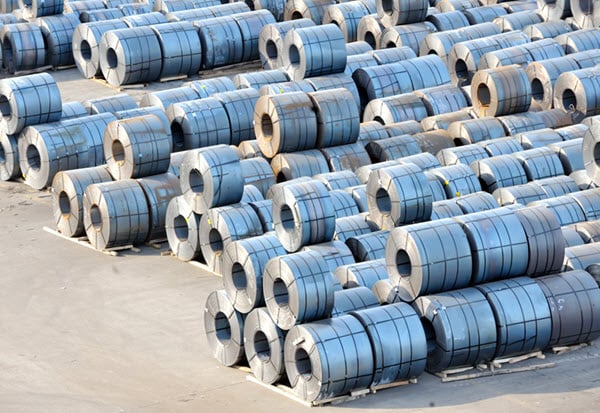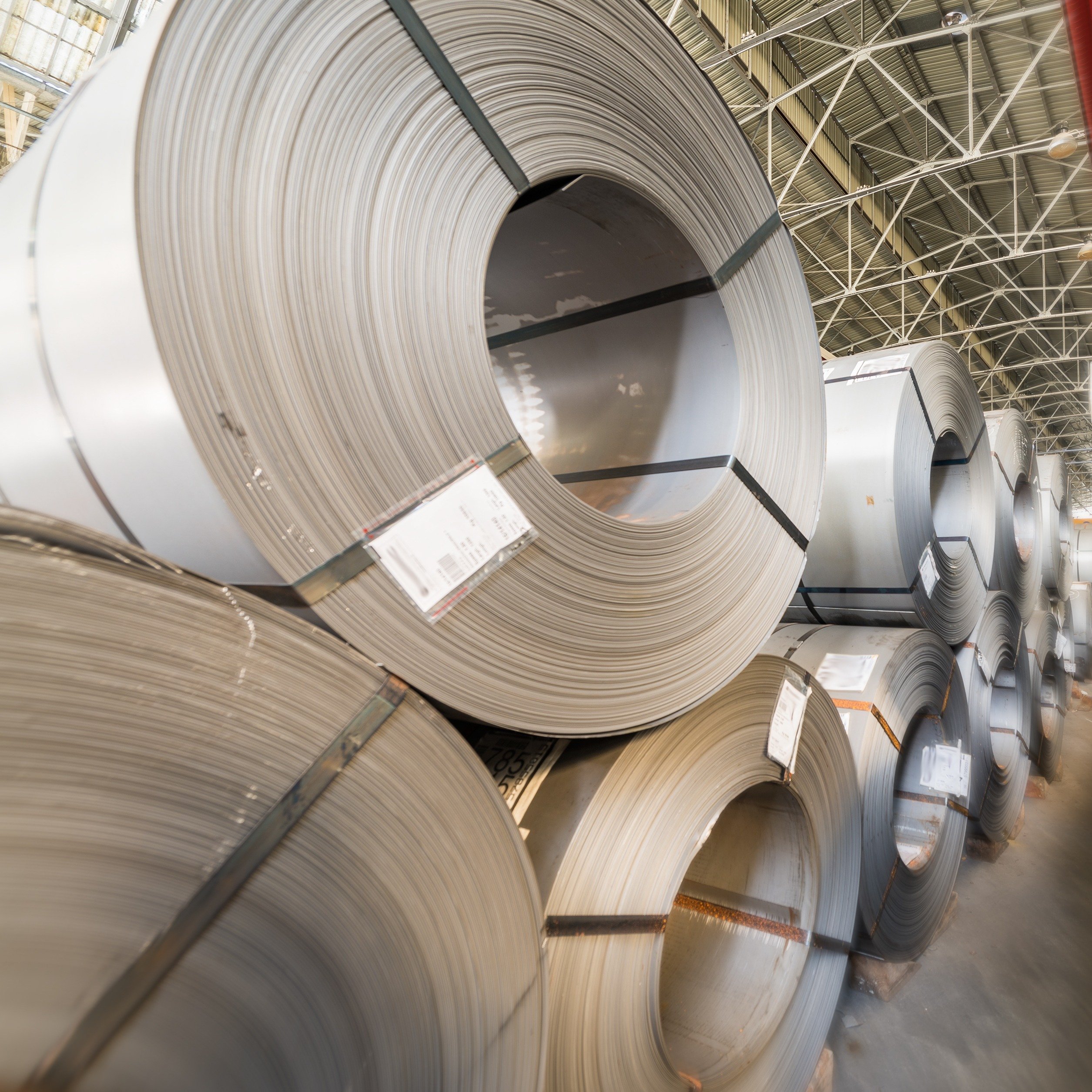On May 21, the US Department of Commerce sided with US steel mills that imports of Vietnamese cold-rolled coil and corrosion-resistant steel sheet (CORE) made with Chinese substrate were circumventing anti-dumping and countervailing duties on China that were finalized in 2016.
After an initial adjustment period after the inquiries were filed in November 2016, imports from Vietnam started to flow again, as attorneys counselled traders that duties did not need to be paid on Vietnamese exports if the substrate came from a non-Chinese country. This is a stance that Commerce validated by only applying Chinese duties on Vietnamese exports made from Chinese substrate.
After Commerce ruled that cold-rolling and coating sheet were relatively minor manufacturing processes relative to steelmaking, US mills wasted limited time – 22 days – to file new cases for Vietnamese exports made with South Korean and Taiwanese substrate.
On June 12, US mills petitioned to include Vietnamese exports of CR coil and CORE made with Korean substrate under Korean duties. In a separate filing, mills also pushed to impose duties on Taiwan to Vietnamese CORE exports.
These moves were an expeditious way to put duties on more Vietnamese CR coil and CORE than just what was made with Chinese substrate. After an anti-circumvention inquiry petition filing, Commerce has 45 days to launch an investigation, and it will have another 300 days after the start of the investigation to make a final determination. There are two key points in Commerce’s rules that work in favour of petitioners: Commerce may make its determination any time between its initiation and the 300-day deadline and duties will be imposed retroactively to the launch of the investigation.
Considering the ruling on China’s anti-circumvention inquiry, there is no reason to believe that duties on Korea and Taiwan won’t be in effect on subject Vietnamese exports. This is very significant as two of the largest exporters of substrate for CR coil and CORE to Vietnam are Korea and Taiwan. During the litigation of China’s anti-circumvention inquiry, China Steel Sumikin Vietnam asserted that it only produced CORE with Japanese and Taiwanese steel, not Chinese. It’s a wonder why there hasn’t been an anti-circumvention petition launched against Japan – for now.
When the US imposed 10.34% anti-dumping duties on Taiwanese CORE in 2016, it was viewed as a disappointment for the US mills. US imports of CORE from Taiwan have continued, even with the 10.34% duty and the 25% Section 232 tariff. Perhaps a 10.34% duty on CORE made from Taiwanese substrate in addition to the Section 232 tariffs will be enough to stem the flow of CORE from Vietnam, even after Section 232 tariffs end, but it’s unlikely to be enough consider the US is still importing CORE from Taiwan.
You can’t beat the 45-day remedy that the anti-circumvention inquiry provides, even though, in the long run, the US mills will likely be filing conventional anti-dumping and countervailing duty cases on Vietnam – as well as others. Steel trading companies are now aware about the rules of anti-circumvention cases and how they allow for very little time to adjust. This is unlike anti-dumping cases, which can last 280-420 days with preliminary duties coming 75 or 135 days into the process.
An anti-dumping and countervailing duty case against Vietnamese sheet exports will be necessary if mills want to target Vietnam’s steelmaking. In May 2017, Formosa Ha Tinh began production at Vietnam’s first blast furnace, which has 3.5 Mt/y of hot metal production capacity. There’s another 3.5 Mt/y of additional capacity from a second blast furnace in the works for this year. This oncoming capacity will help to replace local HR coil imports. According to the petitions, Vietnam imported 947 kt of HR coil from Taiwan and 740 kt of HR coil from Korea in 2017.
In time, Vietnam will be able to supply the USA with not only CR coil and CORE but its own HR coil as well. The mills have been ever ready to launch new trade actions, and it will likely be no different for Vietnam’s steel industry. Perhaps now may not be the right time, as producers launching anti-dumping and countervailing duty investigations must prove that they’ve been injured or threatened by imports and US mills are enjoying $300+ /t premiums on sheet compared with other global steelmakers.






